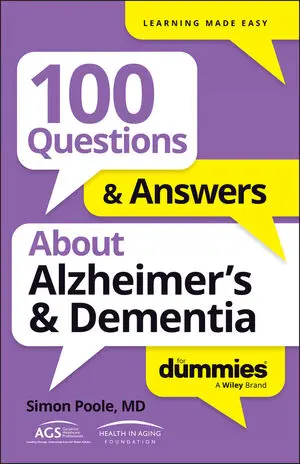Think about retrogenesis as the opposite of normal childhood development. A baby develops both cognitively and functionally in a pattern with simple actions progressing to more complex actions. A baby first utters one word, and then over time, learns to speak in sentences. Likewise he sequentially learns to roll over, raise his head, crawl, stand, and ultimately walk. And of course, you celebrate a child's graduation from diapers to using the toilet.
However, the opposite occurs in advancing dementia: A person loses function and experiences reversal of childhood development. As dementia progresses, speaking becomes more difficult. First, finding the right word becomes difficult. Then sentences become more jumbled and disconnected as the person with dementia takes longer to express a thought. Speech then lessens to one or two words at a time, and finally in very advanced dementia, the patient loses speech all together. Likewise, as time passes, a person with dementia loses the ability to walk, maintain urine and bowel continence, and bathe and dress independently in a pattern of declining function.






